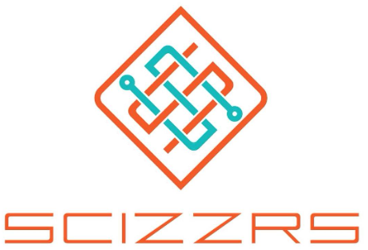Unlocking Savings: My Expert Experience with Affordable Bulk Trigger Locks
When it comes to firearm safety, one of the most effective and accessible tools I’ve discovered is the trigger lock. As a responsible gun owner, I’ve always been on the lookout for ways to secure my firearms without breaking the bank. That’s where cheap bulk trigger locks come into play. In an age where safety…
